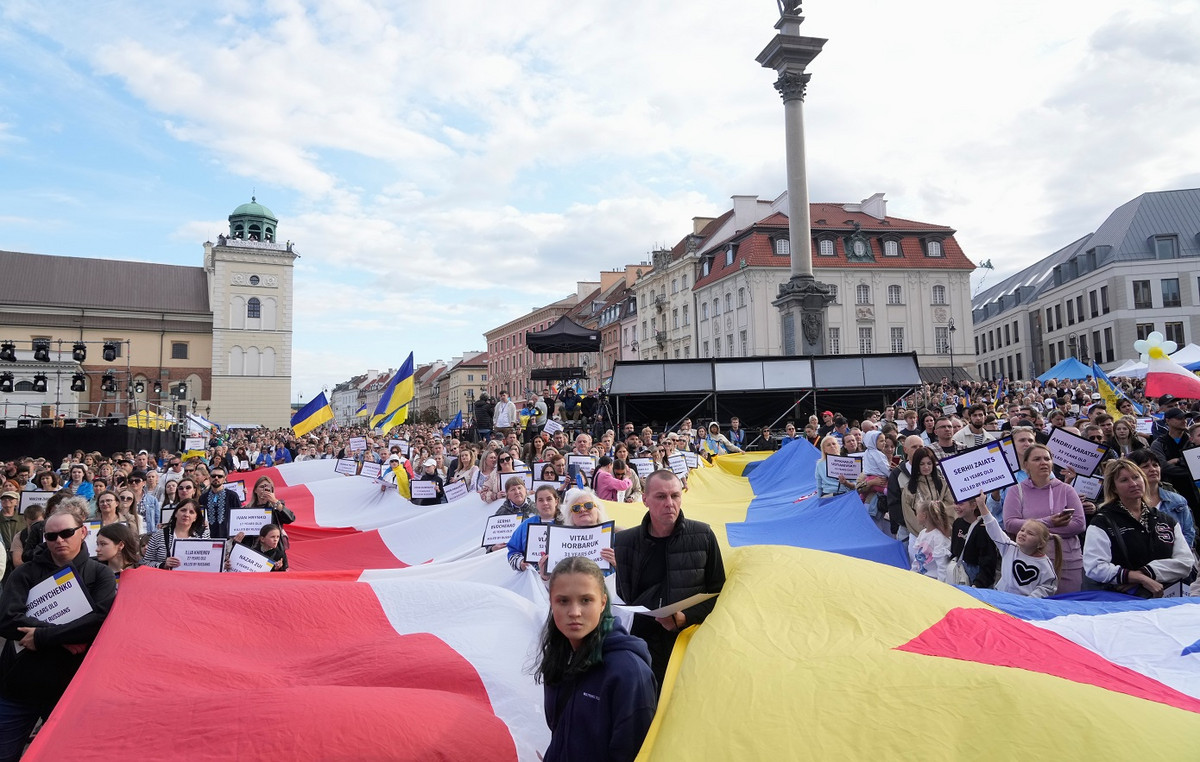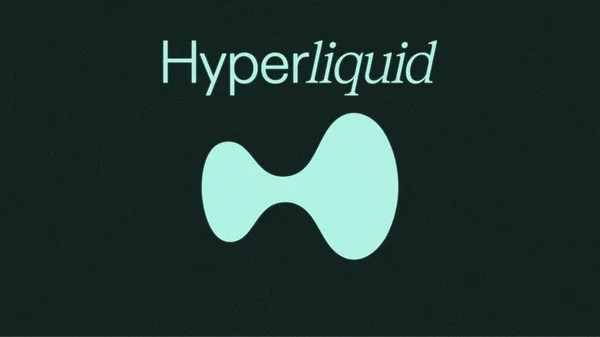The transition team of president-elect Luís Inácio Lula da Silva (PT) chose two priorities for passing the baton at Petrobras: the fuel pricing policy and the company’s refinery sales plan.
The meeting that dealt with prices was held this Monday (5/12). Petrobras interlocutors heard by the CNN pointed to the interest of the new government in creating a tool to control fuel prices more, something alternative to the current policy that provides for alignment with the international market.
In the campaign, Lula already spoke of “Brazilianizing” fuel prices, criticizing the opening of the market for importers that brought the product here. But in the view of the current management of Petrobras, this plan is very difficult to be implemented.
In practice, Brazil is not self-sufficient in fuel, even though it produces crude oil that would be enough for all internal demand. By maintaining the market price, Petrobras makes room for importers to supply residual demand from distributors at a reasonable profit.
Lowering the price would close the doors of the market to these importers, creating a vacuum in supply. The most obvious solution, which has even been used in the past, before the creation of this system in 2016, would be the subsidy. In other words, Petrobras buys what it cannot deliver from the importers, but precisely at the inappropriate price, it ends up selling it cheaper and assumes the loss.
This exit is not seen as so simple by the state-owned company’s executives, because it would bring down the company’s market value and bring much more responsibility to Petrobras, especially in times of external market fluctuations.
A compromise between the application of market prices and the subsidy would be political and social programs, via Congress or the Ministry of Mines and Energy. Something like Vale-gás or help for taxi drivers, app drivers and truck drivers. In conversations with the transition team, however, it was not clear whether this will be the path adopted by Lula’s government.
This Tuesday, Petrobras announced yet another reduction in fuel prices, with a drop of 40 cents per liter of diesel and 20 cents per liter of gasoline. The justification was the same adopted in all changes since 2016, when Michel Temer (MDB) was president and Pedro Parente commanded Petrobras: aligning values to the international market.
Despite criticism from the current president, this policy was maintained without major interference over the four years of Jair Bolsonaro’s (PL) administration.
Likewise, Petrobras’ strategic plan for 2023-2027, approved last week, provides for the continuation of the sale of refineries, the central subject of the meeting held this Tuesday morning (12/6).
The idea of members of the thematic group of Mines and Energy set up by the PT is to interrupt the plan and even reverse the sale of refineries, buy them back. The intention is to offer buyers the possibility of returns.
For Petrobras interlocutors, avoiding future sales may be less complicated, but the maneuver of trying to buy back refineries seems to be risky. The “ghost” of Passadena would complicate the negotiations, even after ex-president Dilma Rousseff was acquitted by the TCU in the purchase of the American refinery.
For Petrobras directors heard by CNN, a “hobby horse” in Petrobras’ strategy, buying back assets sold could scare away investors and damage the company’s image, including internationally, after an arduous recovery process after Operation Lava-jato.
Source: CNN Brasil
A journalist with over 7 years of experience in the news industry, currently working at World Stock Market as an author for the Entertainment section and also contributing to the Economics or finance section on a part-time basis. Has a passion for Entertainment and fashion topics, and has put in a lot of research and effort to provide accurate information to readers.







